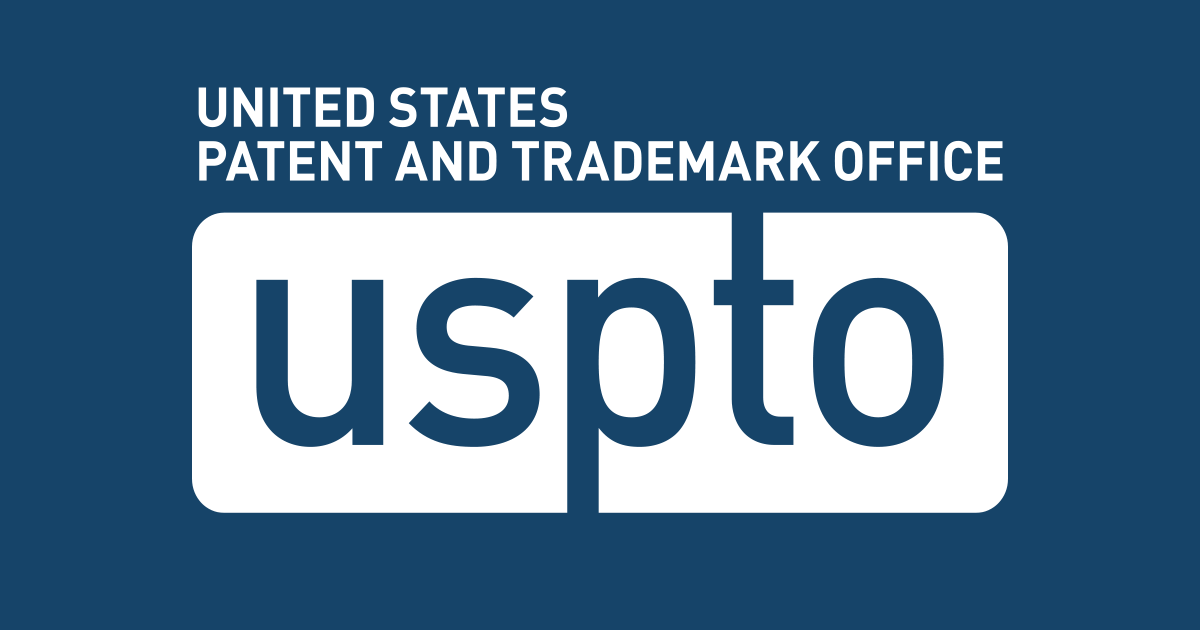Re: Sharing the Family PC is Patent-Pending
In article <c9bc36ff.04050 72105.fb11d44@p osting.google.c om>,
ramon@conexus.n et (Ramon F Herrera) wrote:
[color=blue]
> Another tactic that an indicted illegal monopolist would do
> is to grease the wheels of bureaucracy at the Patent Office,
> i.e. bribing federal employees to fast track patent applications
> that come from Seattle, Washington, in order to process them
> without much delay or scrutiny.[/color]
1) I suppose it's always possible that MS is patenting this not because
they genuinely believe it merits patenting, and not with any intentions
of enforcing the patent, but simply as a protective measure against
someone else patenting something similar and coming after them. I
believe Jeff Bezos has indicated that he follows more or less the same
tactic with amazon.com business patents.
2) We all know that a sizable fraction of currently issued patents --
most likely a large majority of them -- are somewhere between dubious
and total garbage, on grounds of any reasonable interpretations of
obviousness, prior art, and nontriviality. Devising a realistic system
that would do substantially better in judging patent applications is,
however, really hard.
3) My bottom line continues to be that there needs to be some kind of
very substantial potential *downside* for an applicant who applies for
and is granted a (subsequently shown to be) undeserved patent, such that
potential patent applicants will think much harder about the balance of
benefits, the balance between potential upsides and potential downsides,
before seeking a patent rather than protecting their "invention" in some
other fashion.
In applying for a patent an inventor is asking society (in the form of
the Federal government, with all its legal powers) to give him/her a
license which will potentially damage other innocent third parties (and
in practice without these parties having much if any opportunity to
protest against this before the patent is issued). .
The initial investment required of the applicant in obtaining this
license is quite small, whereas the costs to the damaged innocent third
parties to try to regain their lost rights are very much larger. And,
these costs to said third parties are all "downside": even if they win
(i.e., manage to get the garbage patent declared invalid), at best they
are simply back where they should have been so far as rights are
concerned, and are out the large amounts of legal costs they will have
to have invested.
The balance of upsides and downsides in the whole system needs to be
radically altered.
In article <c9bc36ff.04050 72105.fb11d44@p osting.google.c om>,
ramon@conexus.n et (Ramon F Herrera) wrote:
[color=blue]
> Another tactic that an indicted illegal monopolist would do
> is to grease the wheels of bureaucracy at the Patent Office,
> i.e. bribing federal employees to fast track patent applications
> that come from Seattle, Washington, in order to process them
> without much delay or scrutiny.[/color]
1) I suppose it's always possible that MS is patenting this not because
they genuinely believe it merits patenting, and not with any intentions
of enforcing the patent, but simply as a protective measure against
someone else patenting something similar and coming after them. I
believe Jeff Bezos has indicated that he follows more or less the same
tactic with amazon.com business patents.
2) We all know that a sizable fraction of currently issued patents --
most likely a large majority of them -- are somewhere between dubious
and total garbage, on grounds of any reasonable interpretations of
obviousness, prior art, and nontriviality. Devising a realistic system
that would do substantially better in judging patent applications is,
however, really hard.
3) My bottom line continues to be that there needs to be some kind of
very substantial potential *downside* for an applicant who applies for
and is granted a (subsequently shown to be) undeserved patent, such that
potential patent applicants will think much harder about the balance of
benefits, the balance between potential upsides and potential downsides,
before seeking a patent rather than protecting their "invention" in some
other fashion.
In applying for a patent an inventor is asking society (in the form of
the Federal government, with all its legal powers) to give him/her a
license which will potentially damage other innocent third parties (and
in practice without these parties having much if any opportunity to
protest against this before the patent is issued). .
The initial investment required of the applicant in obtaining this
license is quite small, whereas the costs to the damaged innocent third
parties to try to regain their lost rights are very much larger. And,
these costs to said third parties are all "downside": even if they win
(i.e., manage to get the garbage patent declared invalid), at best they
are simply back where they should have been so far as rights are
concerned, and are out the large amounts of legal costs they will have
to have invested.
The balance of upsides and downsides in the whole system needs to be
radically altered.


Comment